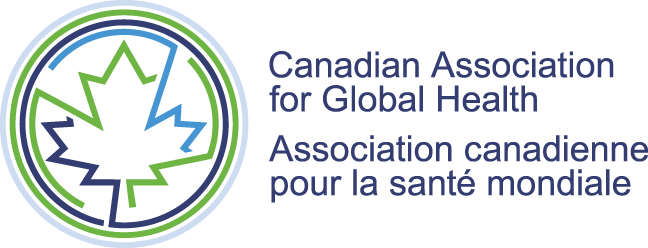Developing Equitable Partnerships Développer des partenariats équitables The following tools and resources are an excellent starting point for thinking about how to promote equity in conducting global health research. Les outils et ressources suivants sont un excellent point de départ pour réfléchir à la façon de promouvoir l'équité dans la conduite de la recherche en santé mondiale. |
Equity-Centered Principles for Global Health Equity-centered principles for global health (also known as the CCGHR Principles for Global Health) encourage researchers and others to adopt more ethical and equitable forms of global health research. These principles were developed through a multi-phase, dialogue-based research in response to a call for action from researchers, funders, and administrators who indicated a need for greater governance to support global health research. Principes d'équité pour la santé mondiale Les principes l'équité pour la santé mondiale (aussi la CCRSM principes pour la santé mondiale) encouragent les chercheurs et d'autres personnes à adopter des formes plus éthiques et plus équitables de recherche en santé mondiale. Ces principes ont été développés par une recherche en plusieurs phases, basée sur le dialogue, en réponse à un appel à l'action des chercheurs, des bailleurs de fonds et des administrateurs qui ont indiqué le besoin d'une plus grande gouvernance pour soutenir la recherche en santé mondiale. |
 |
 | The Equity Tool (EQT) for Valuing Global Health Partnerships The EQT will be of interest to individuals or teams engaged in partnerships where achieving equity is a priority concern. Global health partnerships (GHPs) involve complex relationships between individuals and organizations, often joining partners from high-income and low- or middle-income countries around work that is carried out in the latter. GHPs are, therefore, situated in the context of global inequities and their underlying socio-political and historical causes, such as colonization. The EQT can guide people involved in partnering to consider the equity implications of all their actions, from inception, through implementation and completion of a partnership. The EQT allows for; 1. Identification of equity considerations in terms of an individual’s experience and an assessment of the partnership overall. 2. The EQT is not scored nor is it meant to determine whether a partnership is or is not equitable. 3. The EQT offers an opportunity to identify aspects of equity to be strengthened through open, non-judgmental dialogue. |
CIHR Global Health 3.0 This Framework is designed to empower the Canadian global health research community to participate in a truly global research enterprise aimed at understanding and acting on health risks, determinants, responsibilities, and solutions that transcend national boundaries. The research and solutions sparked by the actions outlined in this Framework will prioritize authentic partnerships, reciprocal learning, and transnational cooperation, while focusing on achieving health equity for marginalized populations everywhere. Santé mondiale 3.0 : Cadre d’action pour la recherche en santé mondiale des IRSC Ce cadre est conçu pour permettre à la communauté canadienne de recherche en santé mondiale de participer à une entreprise de recherche véritablement mondiale visant à comprendre et à agir sur les risques, les déterminants, les responsabilités et les solutions en matière de santé qui transcendent les frontières nationales. La recherche et les solutions suscitées par les actions décrites dans ce cadre privilégieront les partenariats authentiques, l'apprentissage réciproque et la coopération transnationale, tout en se concentrant sur la réalisation de l'équité en santé pour les populations marginalisées partout dans le monde. |
|
| Partnership Assessment Tool (PAT) This Partnership Assessment Tool (PAT) is the result of a project supported by the International Development Research Centre (IDRC) and conducted by the CCGHR in partnership with BRAC (Bangladesh), the Universidad Andina Simon Bolivar (Ecuador), and the Armauer Hansen Research Institute (Ethiopia). The project was developed in response to observation that the majority of what has been written on best practices for “North- South” health research partnerships has been developed in the North. The PAT is useful for helping research teams generate consensus on the following key elements:
Outil d’évaluation de partenariat (OÉP) Cet outil d'évaluation de partenariat (OÉP) est le résultat d'un projet soutenu par le Centre de recherches pour le développement international (CRDI) et mené par la CCRSM en partenariat avec BRAC (Bangladesh), l'Universidad Andina Simon Bolivar (Équateur) et l'Armauer Hansen Research Institute (Éthiopie). Le projet a été développé en réponse à l'observation que la majorité de ce qui a été écrit sur les meilleures pratiques pour les partenariats de recherche en santé " Nord-Sud " a été développé dans le Nord. L’OÉP est utile pour aider les équipes de recherche à générer un consensus sur les éléments clés suivants :
|




